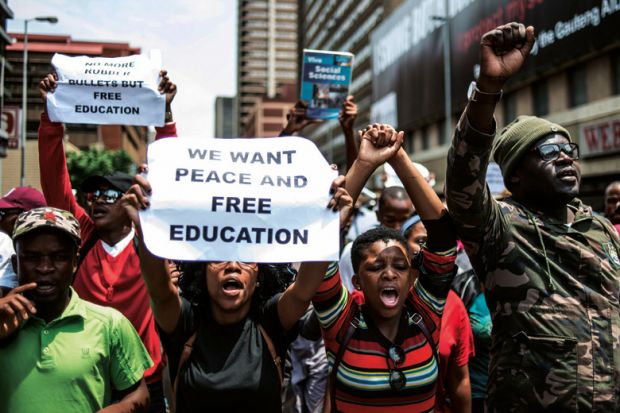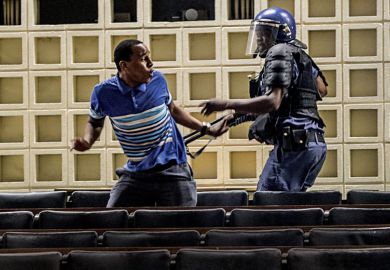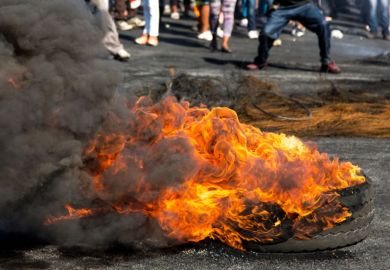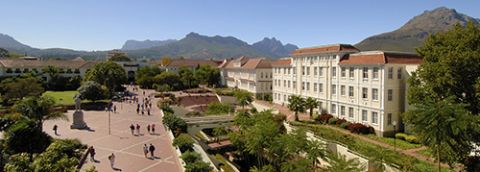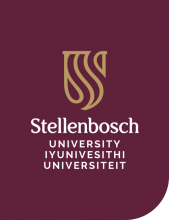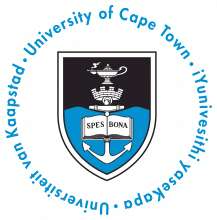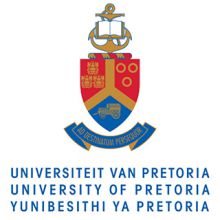While South Africa’s student protesters are calling for universal free higher education, whether this could be afforded by the country’s government is doubtful.
There is widespread acknowledgement that tuition should be free for the poorest families but, as the country remains gripped by an economic crisis, sector leaders believe that the introduction of government-backed income-contingent loans is a more viable solution for the majority.
“The demand is ‘free higher education now’; well what about health, what about basic education, what about housing, what about social grants? These are the conversations we will need to have about where the right place is for higher education in that,” said Wim de Villiers, vice-chancellor of Stellenbosch University. “With the current economic climate and the financial restraint the government is under, I cannot foresee that free higher education could be an implementable recommendation.”
Many in South Africa argue that it is right that students who can afford to pay for their own university tuition should make a contribution. The question is, however, whether this would be acceptable to a protest movement that appears to retain the sympathy of students.
Martin Hall, emeritus professor in the University of Cape Town’s Graduate School of Business, highlighted that free higher education meant very different things to different people. Currently, fees in the country have to be paid up front and students with outstanding debts are unable to graduate. A graduate tax or income-contingent loan repayment system would be much more palatable, he suggested.
“There will always be students who won’t accept these solutions, but I think if there was a solution where there was a combination of bursaries and income-contingent loans, that would actually meet a very significant proportion of student demand to the extent that it could quieten the system down,” Professor Hall said.
The other question is whether a South African government, which too often seems unable to provide the solutions that the country needs, is actually capable of delivering such a system.
Belinda Bozzoli, the former deputy vice-chancellor (research) of the University of the Witwatersrand and the opposition Democratic Alliance’s shadow higher education minister, said that there were some in the ruling African National Congress who “don’t care a fig about universities”, although others were more understanding.
“What can be afforded by the government isn’t very big, and whether it is a priority for the state is not clear,” she said.
For those reasons many also see an important role for the private sector in South African student finance, perhaps providing the loans under direction from ministers.
Meanwhile, others believe that the current crisis should provide the impetus to rethink the funding of the country’s higher education system more fundamentally.
Cheryl de la Rey, vice-chancellor of the University of Pretoria, argued that some institutions should focus on undergraduate education, while others should be supported to maintain their excellence in research and postgraduate tuition.
“I see this as a defining moment for the future of higher education in South Africa,” she said. “I really think it is time for us to think about a national system that is differentiated.”
Register to continue
Why register?
- Registration is free and only takes a moment
- Once registered, you can read 3 articles a month
- Sign up for our newsletter
Subscribe
Or subscribe for unlimited access to:
- Unlimited access to news, views, insights & reviews
- Digital editions
- Digital access to THE’s university and college rankings analysis
Already registered or a current subscriber?
